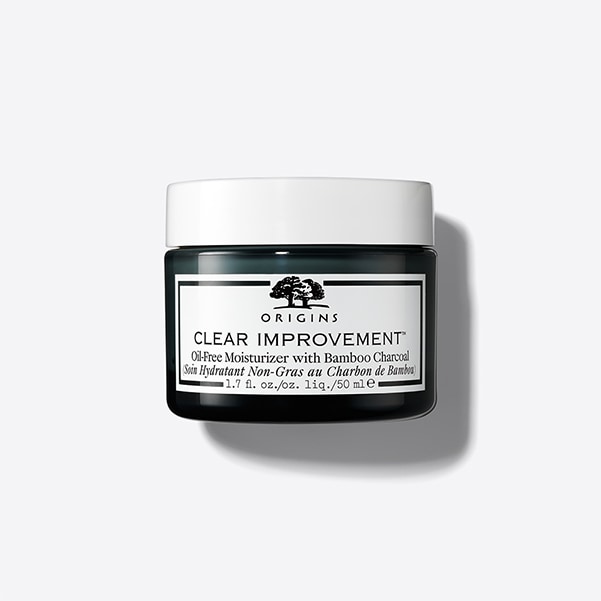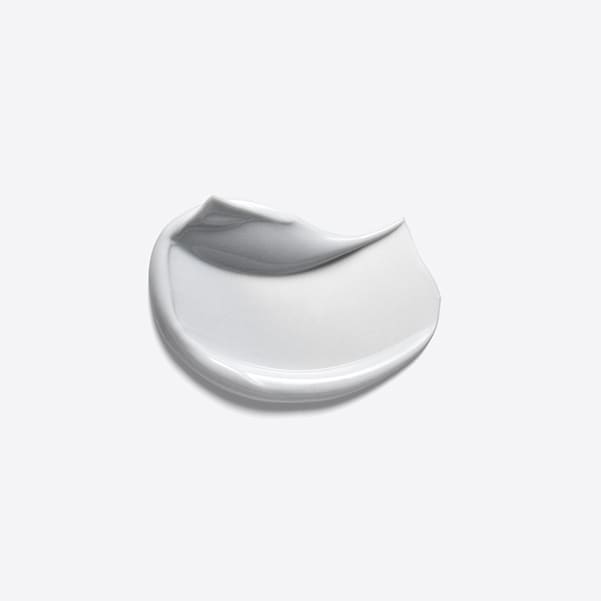A BEGINNER’S GUIDE TO MEDITATION
Is it Right for You?
Here’s an interesting stat: The use of mindfulness apps, most notably meditation, has skyrocketed in the past year. This makes perfect sense given the circumstances of the past
16 months when so many of us were craving a sense of clarity and calm.
But despite the fact that more and more people are starting to dabble in meditation, there are still a lot who don’t fully understand it—or the benefits. In fact, there are a lot of misconceptions and questions about the practice as a whole (read: you don’t have to sit still or sit in a room clouded by incense). If you’re at all curious and seek some clarity, read on: we break it down, in the simplest of terms, so you can decide if meditation is the right mind and body practice for you.
What is meditation?
“Meditation is simple, focused awareness. The practice of concentrating attention on something, such as the breath,” says Dr. Andrew Weil, a pioneer in integrative medicine and creator of our Mega-Mushroom line. Mediation is not a self-induced trance or a mental journey to a third dimension as some may believe, but rather the art of self-awareness.
What are the benefits to meditation?
The benefits of meditation can differ from person to person, however most people experience increased focus, better sleep, reduced stress and a more positive physical and emotional well-being. “People who meditate are less likely to be anxious, less prone to mood swings, better able to concentrate and more effective in their undertakings,” says Dr. Weil.
Is meditating hard?
For the most part, meditation is not difficult. But what can be difficult is tuning out the outside world. Meditation requires you to focus on you, in particular your breathing. Your mind will wander and you will be tempted by other things (tip: turn your phone to silence mode), but once you learn to refocus your attention back to yourself, it couldn’t be easier—or more rewarding. Be prepared to question yourself, too. Most beginners wonder if they're doing it right. The answer: there’s no right or wrong because meditation is deeply personal.
What is the best time of day to meditate?
When you meditate is up to you, but morning meditation proves to be the most ideal time. Meditating right when you wake up can set you up for a successful day ahead—think increased productivity and positivity. At the end of the day, meditation is a nice way to wind down and calm the mind.
How long do I need to meditate for?
“Practicing meditation, for even a few minutes a day, is beneficial,” says Dr. Weil. Meditation doesn’t need to be a planned event or take place in a dark room with the door closed and your eyes shut. ”You can meditate during any task, such as taking a walk or preparing food,” adds Dr. Weil. Look at your schedule and find a spot where you can sneak it in. If you’re planning to do a face mask before bed, consider meditating while you mask. Even better, pick a mask that fits your mood so you get double the benefits. For example, detox the skin with Clear Improvement™ Active Charcoal Mask (active charcoal helps to detox the pores and dissolve impurities) and the mind with meditation.
How do you meditate?
Meditating is simply being aware of your body and focusing on your breathing. To get started, follow this 5-step (and 5-minute) meditation guide:
1. Find a calm and relaxing place to sit (you can meditate anywhere really, but for beginners, it’s best to start in a quiet location).
2. Close your eyes and become aware of your body—from how you’re sitting to the pace of your breathing.
3. Start to focus on your breathing, feeling it go in and out.
4. If your mind wanders (you start thinking about your to-do list) circle back to your breathing. Awareness is key.
5. Continue to focus on your breath and when you feel it’s time (5 minutes is all you need), open your eyes and notice how your body feels.
SHOP THE STORY



